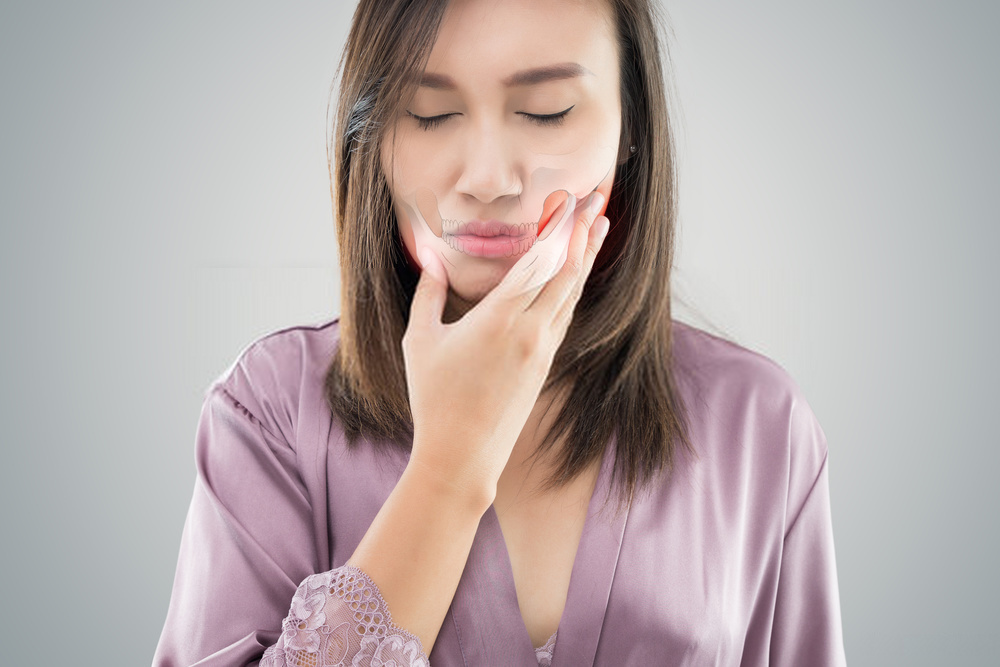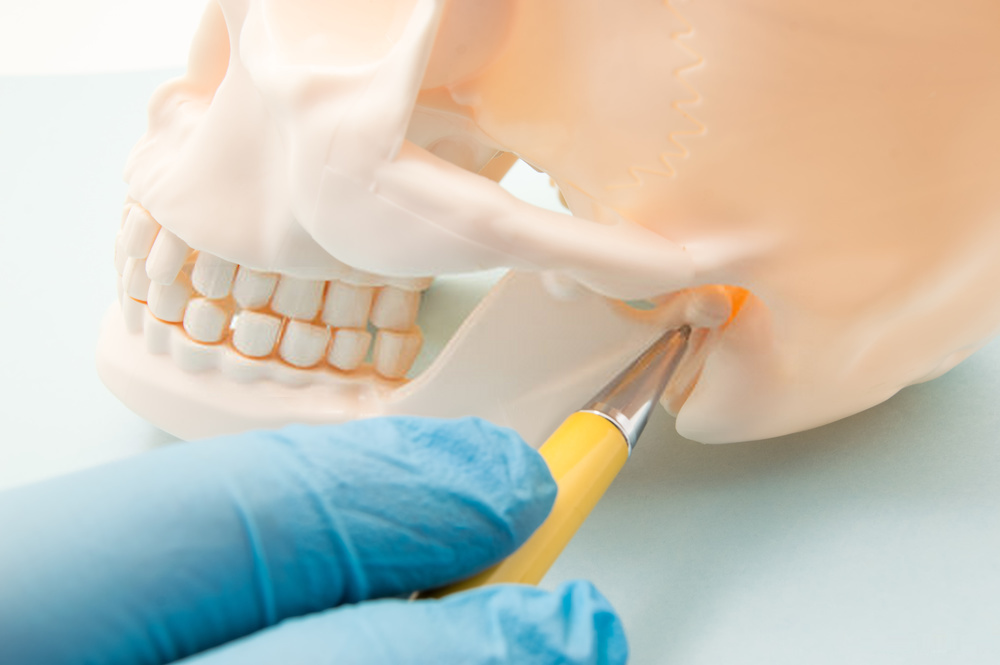TMJ DISORDERS EMERGENCY TREATMENT

TMJ disorders affect many people, especially those in their 20s and 30s. The most common symptom is severe pain in the jaw joint area. Other symptoms include headaches, earaches, neck pains, and tooth grinding.
WHAT IS TMJ?
TMD (temporomandibular disorder) is a disease that affects the jaw’s movement. It’s usually not severe and will go away on its own. On either side of your jaw, there is a joint. The temporomandibular (tem-puh-roe-man-DIB-u-lur) joint (TMJ) connects your jawbone to your skull and serves as a sliding hinge. TMJ problems, a kind of TMD, can cause pain in the jaw joint and the muscles that govern jaw movement.
CAUSES OF TMJ DISORDERS
WHAT TO EXPECT TMJ DISORDERS TREATMENT?
The time it takes to recover after TMJ surgery varies depending on the individual and the type of surgery performed. Most TMJ surgeries are performed as outpatient procedures, which means you will be able to return home the same day. Your doctor may tie an extra bandage around your head to keep the wound dressing firm and in place. 2 to 3 days following surgery, check in with your healthcare physician to make sure you’re recovering properly and get any additional instructions on caring for your TMJ. If your stitches do not disintegrate on their own, your doctor may need to remove them at this time. They may also prescribe pain relievers or antibiotics if an infection develops. You may also need to consult a physical therapist to help you restore jaw flexibility and prevent edema from restricting TMJ movements.

TMJ DISORDERS TREATMENT PROCEDURE
TMJ can be treated in several circumstances. The first move is to make sure you have a correct diagnosis analysis. A dentist or a physician usually diagnoses TMJ. They enable the dentist, physician, or dentist to examine the surrounding bones, teeth, and soft tissues in greater detail to establish whether they are involved in the disorder. The examination usually begins with a physical inspection of your face and jaw to check for: injury or tenderness, noises caused by the joint when it moves, the arrangement of your bite, how far you can open your mouth; medical health practitioners may use X-rays, CT scans, MRIs, K7 diagnostics, or TENS (Transcutaneous Electrical Nerve Stimulation) to aid in the diagnosis. After you’ve figured out what’s causing your TMJ problem, the following step is to locate a treatment.
BENEFITS YOU GET FROM TMJ TREATMENT
TREATMENT OPTIONS FOR TMJ INCLUDE
- Physiotherapy or massage
- Jaw muscles can be relaxed by physiotherapy or massage.
- Orthotic
- Orthotic help your jaw move back into proper alignment
- Crowns, Veneers
- Crowns, veneers, and dental bonding are examples of dental restorations that can be used to restore damaged teeth.
- Dental Bridges
- Lacking teeth can be replaced with dental bridges or implants.
- Orthodontics
- Orthodontics can be used to expand a narrow jaw or correct crooked teeth.
BENEFITS YOU GET FROM TMJ TREATMENT
- You get instant relief from the pain you’ve been experiencing for a long time.
- It reduces the chances of developing dental problems.
- It Relishes your meals once more.
- It also protects the health of your ears.
- It Improves your mood and overall quality of life.
CONTACT US TODAY
FILL OUT THE FORM BELOW AND WE’LL GET BACK TO YOU TO SCHEDULE AN APPOINTMENT.
FQA
Teeth grinding and clenching are two of the most common causes of TMJ pain. However, this is not an incurable problem, and with the proper treatment, TMJ pain can be permanently cured.
The Consequences of an Untreated TMJ condition are not life-threatening, but it can significantly impact your life and lead to other problems if not treated properly.
TMJ issues affect about 12% of people in the United States at any given time.
TMJ discomfort that isn’t severe typically goes away on its own. Anyone with the following TMJ symptoms, on the other hand, should consider getting an evaluation to prevent or avoid future problems: Pain or soreness at the TMJ or in and around the ear on a regular or repetitive basis.
Maintain your jaw’s resting position. Reduce wide jaw motions like chewing, yawning, singing, and yelling to help relieve TMJ symptoms
Sugar, processed carbs, fried foods, and trans-fats like margarine are the worst inflammatory foods. This isn’t to say that certain meals should be avoided entirely, but they should be consumed in moderation.

